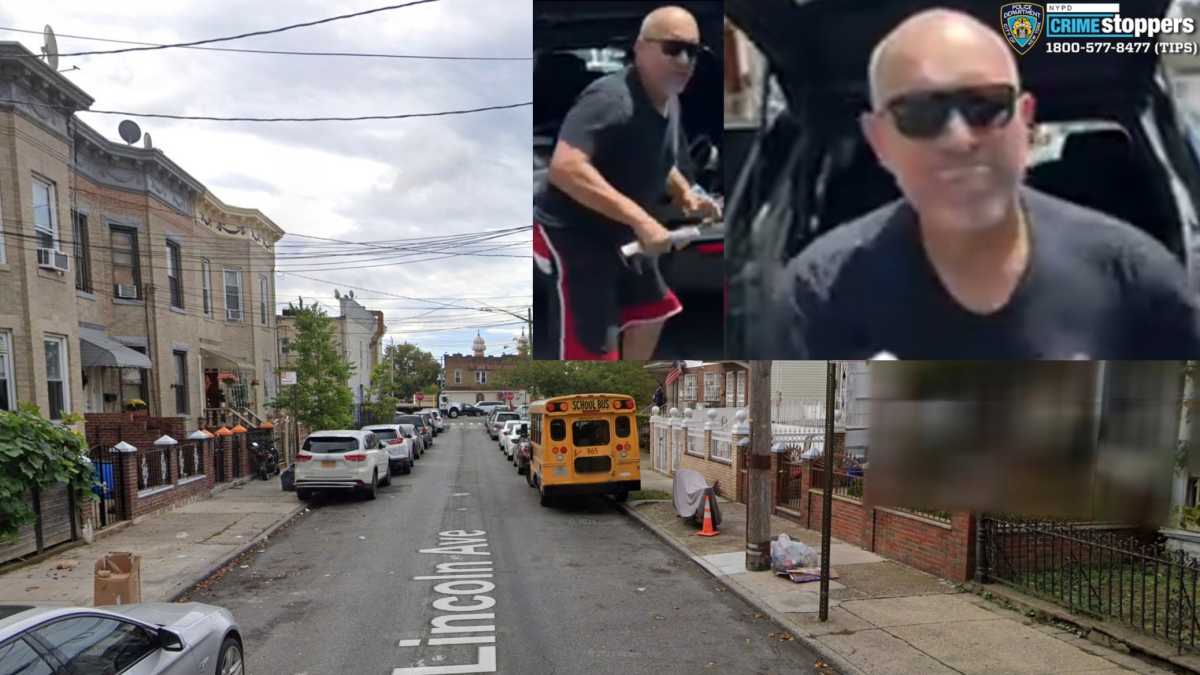A much-hyped internship program for inner-city kids created by the Time Warner media giant is a flop — and it’s because the program appears to be designed more to help local minority politicians than minority students.
Not a single Brooklynite has applied this year for the “Connect a Million Minds” internship, which couples a standard online application process with a bizarre — and politically questionable — demand that all applicants “provide a letter of recommendation from a member of the NYS Black, Puerto Rican, Hispanic and Asian Legislative Caucus.”
The requirement politicizes the search for talented minority kids, said two people involved with it.
“It makes me think you have to have connections,” said Lorianne Gnahoui, an engineering student who considered applying for the program before the March 1 deadline.
Similarly, a Brooklyn adult who is mentoring a Brooklyn Tech HS graduate, added his own concerns about involving his protege in the program.
“They have set up a whole lot of students for disappointment and given them a hard lesson in cronyism,” he said. “It’s a back-door effort for Time Warner to reward legislators. I guarantee you that minority kids are not hanging out with caucus members.”
The two-month paid internship, dubbed Connect a Million Minds, is supposed to be open to anyone studying math or science in higher education with above a 2.8 GPA.
But when The Brooklyn Paper called all 13 Brooklyn members of the minority caucus to inquire about obtaining a recommendation letter, we discovered a system rife with incompetence, potential corruption, ignorance — or all three.
“We don’t give letters to people we don’t know,” said Demecia Wooten-Irizarry, chief of staff for Assemblyman Darryl Towns (D–Bushwick).
Other staffers for caucus members revealed that the internship program is like a latter-day patronage mill:
• Assemblyman Nick Perry (D–Flatbush): “It helps if we know their parents.”
• Assemblywoman Annette Robinson (D-Bedford-Stuyvesant):“Well, we wouldn’t just give them to anyone walking down the street.”
• Assemblyman Hakeem Jeffries (D–Prospect Heights): “I don’t know the criteria; that wouldn’t be something that’s easy to explain.”
• Assemblyman Felix Ortiz (D–Sunset Park): “It’s the first I’ve heard of this program.” He declined to comment further.
• State Sen. Eric Adams (D–Park Slope): “I’m not just gonna give you a letter because you come into my office and ask for one. … I want to know your biography, what church do you attend, if you are a Boy Scout — stuff like that.”
But after he had a few days to think it over, Adams called us back to admit that the program has a major flaw.
“The average person is petrified of walking into a government office,” he said.
The other seven members of the caucus — Assemblyman William Boyland, Assemblywoman Inez Barron, state Sen. John Sampson, state Sen. Kevin Parker, state Sen. Velmanette Montgomery and state Sen. Martin Dilan — did not want to talk about the program, which Time Warner said it launched “to inspire students.” (An eighth caucus member, Assemblyman Karim Camara, could not be reached for comment.)
Instead, those students end up with a solid example of realpolitik.
Just before the internship program was launched in 2009, the company aggressively lobbied Albany lawmakers, including Towns, about “cable television matters,” according to public records.
Lawmakers at the time were reviewing whether New York should ditch a contract with a competing telecommunications company called MA/COM that had won a $2-billion contract with the state.
The lobbying apparently paid off: The state cancelled the contract in January, 2009.
Time Warner honchos in charge of the program did not return several calls seeking comment, but company spokeswoman Suzanne Giuliani said that the demand for a recommendation letter was “a way of helping to spread the word.”
It hasn’t worked. No interns have been hired and only a handful has applied. None has requested letters from the Brooklyn caucus members.
“It’s definitely odd,” said Lisa Syron, a director with Student Advocacy, a New York-based education rights group that helps poor students get the best possible educational opportunities.
She’s right that the requirement is rare. Disney, Honeywell International and Google — to name a few — all have a similar internship programs, but none makes students get lawmakers to vouch for them in print.
“Employers benefit from a letter of recommendation when it is written by someone who knows the applying student intern well,” Syron said. “But how many people know an elected official?”






















